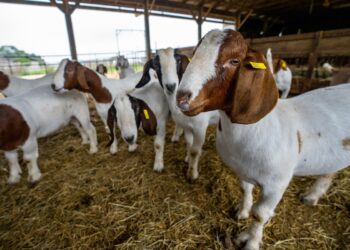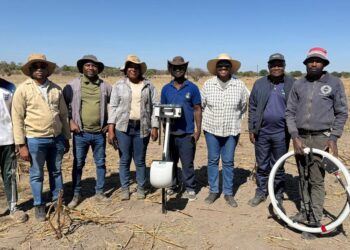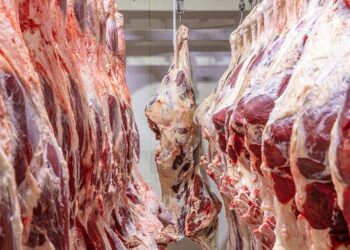
The Ministry of Agriculture, Water, and Land Reform has revised key conditions in its resettlement policy, signalling a shift in the criteria for land beneficiaries.
Notably, the updated policy has removed the requirement for beneficiaries to transfer leasehold rights into freehold at their own cost after a successful probation period of 10 years.
Additionally, the stringent obligation for beneficiaries to be productive farmers within a five-year period and to hold land strictly under leasehold has also been lifted.
The Ministry notes that the comprehensive overhaul aims to address historical challenges and promote sustainable land use while fostering racial equity and poverty alleviation.
Furthermore, the resettlement programme is designed to facilitate the voluntary movement of people from resource-scarce regions to areas offering a better standard of living. Applicants have the autonomy to choose their preferred resettlement location, making the process voluntary and participatory.
Central to the revised policy is the incorporation of three distinct resettlement models, High Economic Value Model (HEVM), Moderate Economic Value Model (MEVM), and Low Economic Value Model (LEVM).
Notably, the focus of the Game Resettlement Criteria centres on the High and Moderate Economic Value Models, with an emphasis on game farms.
“Through these models, we aim to create a dynamic framework that caters to the diverse needs of our citizens, ensuring equitable opportunities for all,” noted the policy.
The revised policy sheds light on the importance of game farms, averaging 5,000 hectares, enclosed by game-proof fences.
According to the Nature Conservation Act No. 4 of 1975, any farm exceeding 1,000 hectares qualifies as a game farm. These farms integrate wildlife commercial activities like trophy hunting with other profit ventures such as livestock production and hospitality establishments.
“Income generated from game ranches is multifaceted, combining revenue streams from trophy hunting and ecotourism. This unique blend allows landowners to diversify their sources of income,” the document reads.
The revision of the National Resettlement Policy comes after the acknowledgment of key challenges in the 2001 policy, including unfair land allocation, poor agricultural productivity, and insufficient support.
Meanwhile, the overarching goal of the policy is twofold: to achieve racial equity and alleviate poverty. Targeting previously disadvantaged Namibians, the policy aims to benefit those without access to adequate agricultural land and those socially, economically, or educationally disadvantaged by past discriminatory laws.
“The focus is on three main beneficiary groups: commercial farmers on leased land, communal farmers, and non-farming individuals. Government wants to address the diverse needs of landless, displaced, and destitute populations in Namibia,” the document reads.
Recognising a weakness in the prior policy implementation regarding security of tenure, the revised policy emphasises both leasehold and the option for freehold rights for successful beneficiaries, accompanied by tailored pre- and post-settlement support services.
A notable inclusion in the revised policy is the model targeting the empowerment of strong communal farmers, particularly those unable to secure loans through Agribank as Affirmative Action Candidates.
“This model targets the empowerment of strong communal farmers with commercially oriented farmers with well-established farming ventures in communal areas. Landless commercial farmers farming on leased commercial (agricultural) lands which are privately owned or belong to local authorities are also included in this model,’ said the Ministry.
This category mainly focuses on farmers who are unable to get a loan through Agribank as Affirmative Action candidates.











